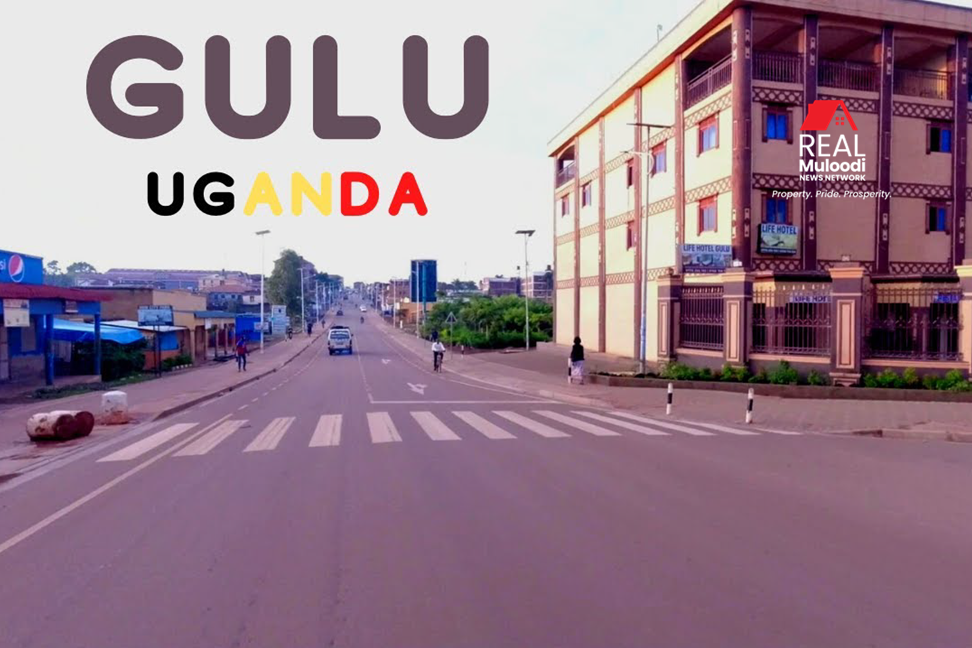UGANDA, Gulu | Real Muloodi News | Gulu City is banking on 3,200 properties to increase property tax collections.
During the property and valuation exercise conducted last year, Gulu City mapped at least 12,000 properties, including shopping malls, arcades, office buildings, owner-occupied buildings, and guest houses.
The primary objective of this mapping initiative was to explore ways to maximise property rate collections in the district.
In an interview regarding the implementation of property rates, Mr. George Kidega, Gulu City’s finance manager, explained that while more than 12,000 properties were mapped, only approximately 3,200 were identified as having a commercial element, thus qualifying for property rates.
Nevertheless, the mapping exercise has been instrumental in creating a database encompassing both commercial and residential properties. This database is flexible and can be adjusted to account for properties that are converted into income-generating facilities over time.
“Now we know which property is where. If one converts a residential property into an income-generating facility, we just revisit our database and make adjustments, indicating an addition or subtraction,” Mr. Kidega stated.
He also noted that the database is expected to expand as Gulu City continues to grow into suburban areas.
Gulu is one of ten cities, including Mbale, Mbarara, Jinja, Arua, Fort Portal, Masaka, Hoima, Soroti, and Lira, where the government is aiming to increase property tax collections in the next five years.
Since 2022, the government, in collaboration with various stakeholders, has been mapping and updating existing property valuation registers to facilitate property rate levies.
This mapping initiative is part of the broader Domestic Revenue Mobilisation for Development (DRM4D) strategy, which seeks to promote self-financing among cities.
The mapping process, already completed in some cities, has been followed by sensitisation efforts targeting property owners, particularly in Hoima City, as part of the ‘Services and Fair Tax for Property Owners’ campaign organised by RippleNami Uganda with the support of USAID’s DRM4D activity.
This sensitisation initiative aims to strengthen dialogue and engagement between administrations and property owners to reinforce the social fiscal compacts related to service utilisation.
Property rates constitute one of the largest revenue streams for local governments, with at least 85 percent of the proceeds allocated to projects such as road and drainage construction and maintenance, payment of street lighting fees, and improvements in security.
Residential and owner-occupied properties are currently exempt from property rates.
However, the Local Government Finance Commission has recommended amending the Property Rating Act to remove exemptions for owner-occupied residential properties from property rate payments.
This recommendation is based on the observation that owner-occupied residential properties make up more than 60 percent of properties in urban councils and benefit from services paid for by others.
The Commission suggests implementing a flat rate ranging from USh100,000 to USh200,000 per year for these properties, considering their ability to pay property tax.
READ MORE LIKE THIS:



